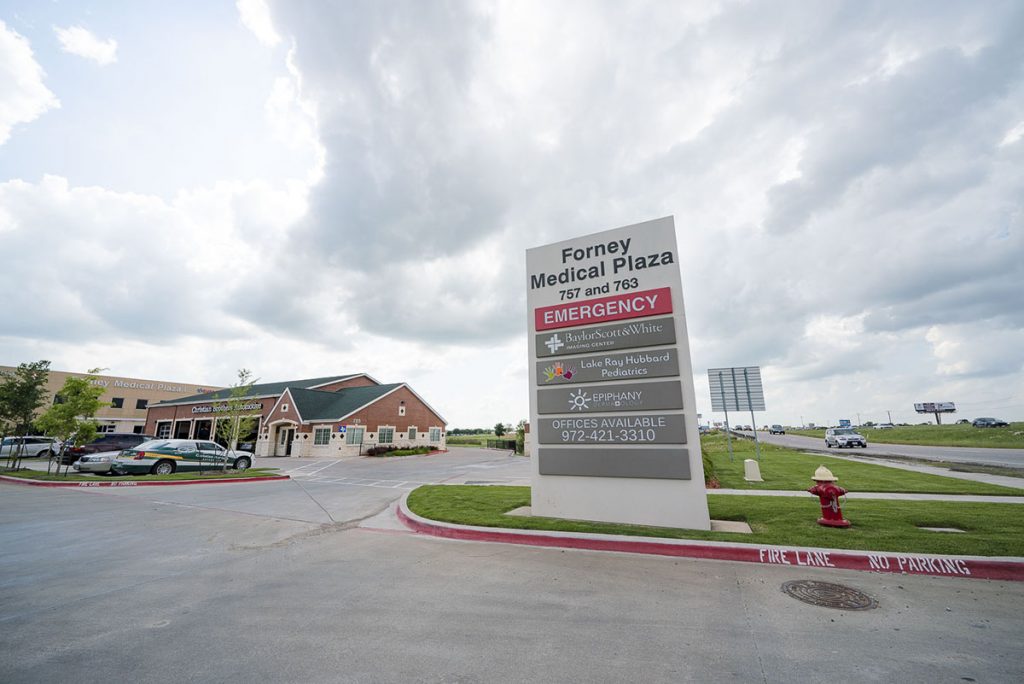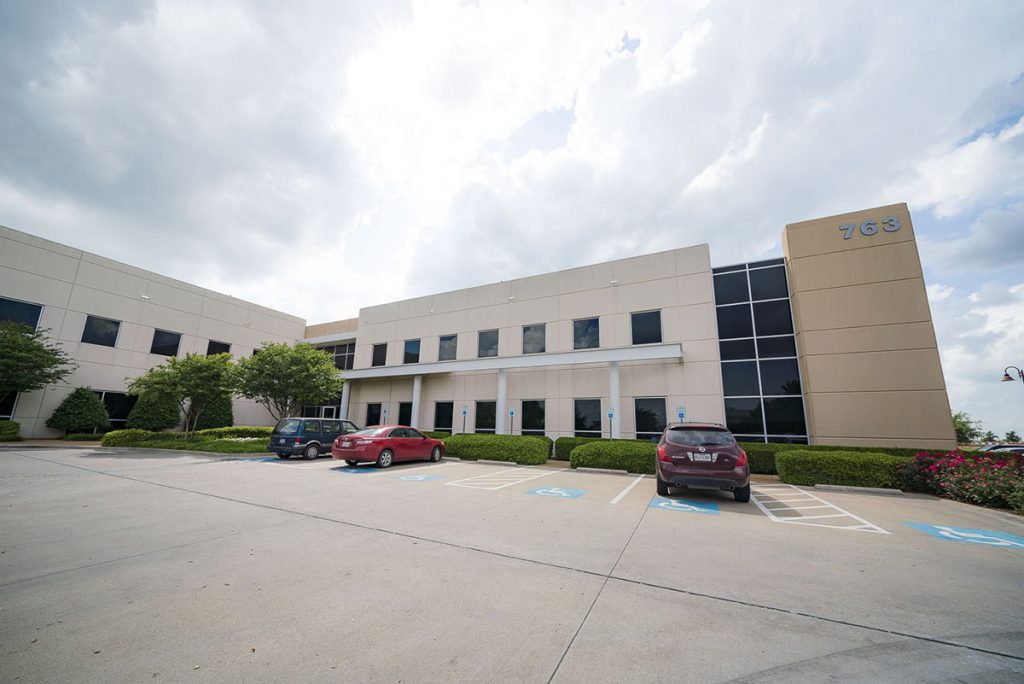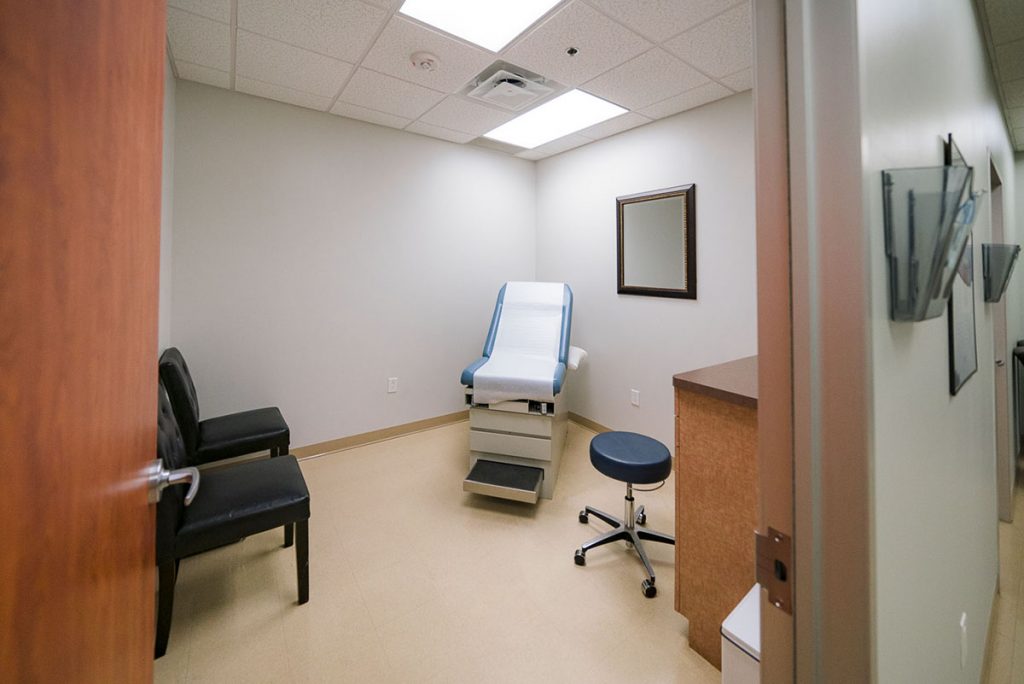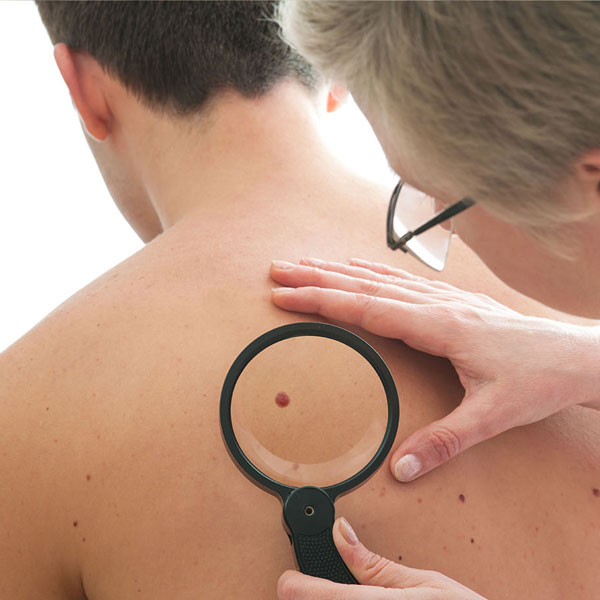Epiphany Dermatology of Forney, TX
Meet Your Providers (some providers may service multiple locations)
-

Edgar Rodriguez, MD
Specializes in the diagnosis and treatment of disorders of the skin, hair, and nails
Values treating underserved communities and strives to create an inclusive and empowering environment for all his patients
Member of the American Academy of Dermatology (AAD), the American Society for Dermatologic Surgery (ASDS), and the Texas Dermatological Society (TDS)
-

Ash Currimbhoy, PA-C
Certified physician assistant with training and 8 years of experience in the dermatology field
Treats skin cancer, infections, acne, psoriasis, and other dermatologic conditions
Adjunct clinical instructor for the University of North Texas Health Science Center
Epiphany Dermatology of Forney is committed to offering the highest standard of dermatologic care, working collaboratively with our patients to personalize their treatments, yielding the best possible outcomes.
We offer full skin cancer screenings and treat a wide variety of general medical dermatology conditions, We have extensive experience with biologics and psoriasis, and are passionate about helping each patient achieve healthier skin.
Epiphany Dermatology of Forney is conveniently located at the Forney Medical Plaza inside building One. Our address is 763 East U.S Highway 80, Suite 200 in Forney.
Featured Services
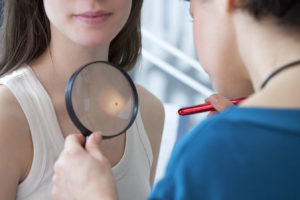
Skin Care Screenings
Skin cancer doesn’t discriminate. Anyone can get skin cancer, whether young or old, fair or dark, and it’s the most common type of cancer in the United States. Most people should have a professional skin examination once a year.

Acne Treatment
Acne can have a big impact on your life, which is why we take acne treatment very seriously and use aggressive treatment plans when necessary. Our staff is passionate about treating acne to prevent the emotional and physical scars that can last a lifetime.
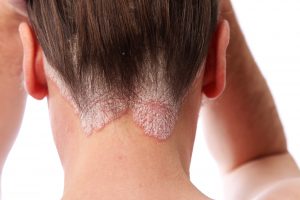
Psoriasis
Psoriasis is an inflammation in the skin driven by the body’s own immune system. The inflammation in the skin causes red, itchy, and scaly lesions mainly around elbows, knees and scalp. While not contagious, it’s important to seek the help of a dermatologist.

Rashes
A rash is an abnormal change in your skin’s texture or color, usually characterized by a red, scaly irritation on your skin. Because of the sheer number of rashes and their subtle differences, specialized training is required to properly diagnose and treat rashes.
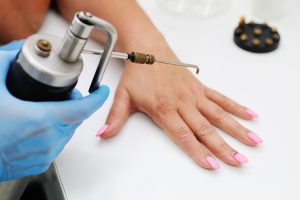
Warts
Warts are non-cancerous skin growths that appear when a virus infects the top layer of skin. Although they aren’t dangerous, they are contagious. As with any noticeable change in your skin, it’s best to consult our team, so we can provide treatment options.
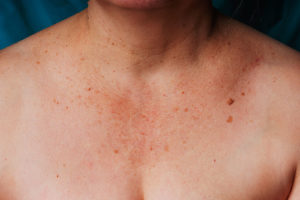
Sun Spots
Sun spots are light brown to tan spots that appear on the skin and are usually from sun exposure. The most common body areas affected are the face, shoulders, arms, and hands. They are usually benign, however, skin cancer can develop a lesion.

Fungal Infections
Epiphany Dermatology treats fungal infections of the skin, as well as fungal infections in hair and nails. Often, these infections appear as itchy, scaley, rashes on the skin. We can typically diagnose fungal infections immediately by their characteristic appearance.

Hair Loss (Alopecia)
The cause of male pattern hair loss can typically be summed up in one word – genetics. If you’d like to learn more, we can educate you about the treatment options and possible side effects to help you determine the best course of action.

Warts
Warts are non-cancerous skin growths that appear when a virus infects the top layer of skin. Although they aren’t dangerous, they are contagious. As with any noticeable change in your skin, it’s best to consult our team, so we can provide treatment options.
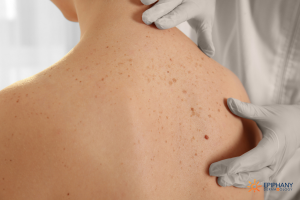
Pre-Cancerous Lesions
A skin spot referred to as a “precancerous lesion” is usually a specific sun-induced growth called actinic keratosis. It’s one of the most common issues we see in dermatology, and it’s what prompts most patients to schedule their dermatologist visits.
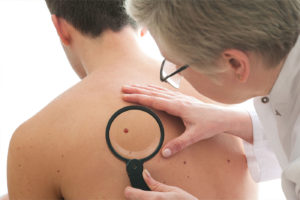
Biopsies
A biopsy is the removal of a piece of skin to help render a diagnosis of skin cancers or inflammatory conditions. Dermatologists biopsy an area to confirm a diagnosis that cannot be rendered with the eyes alone. We need a microscope to be certain.


